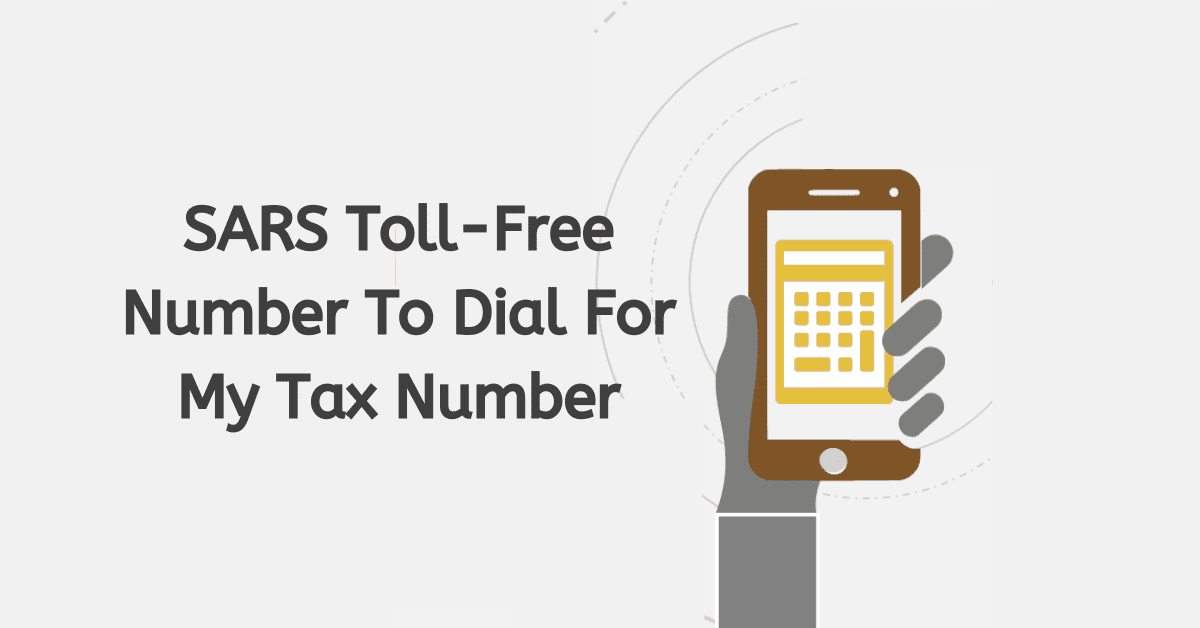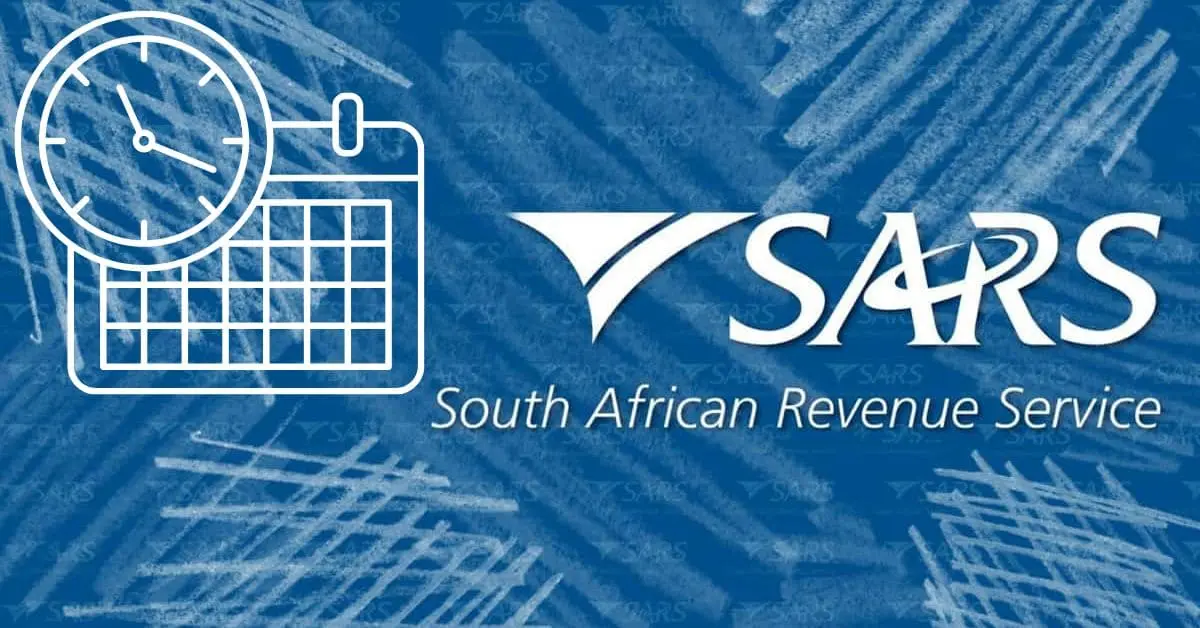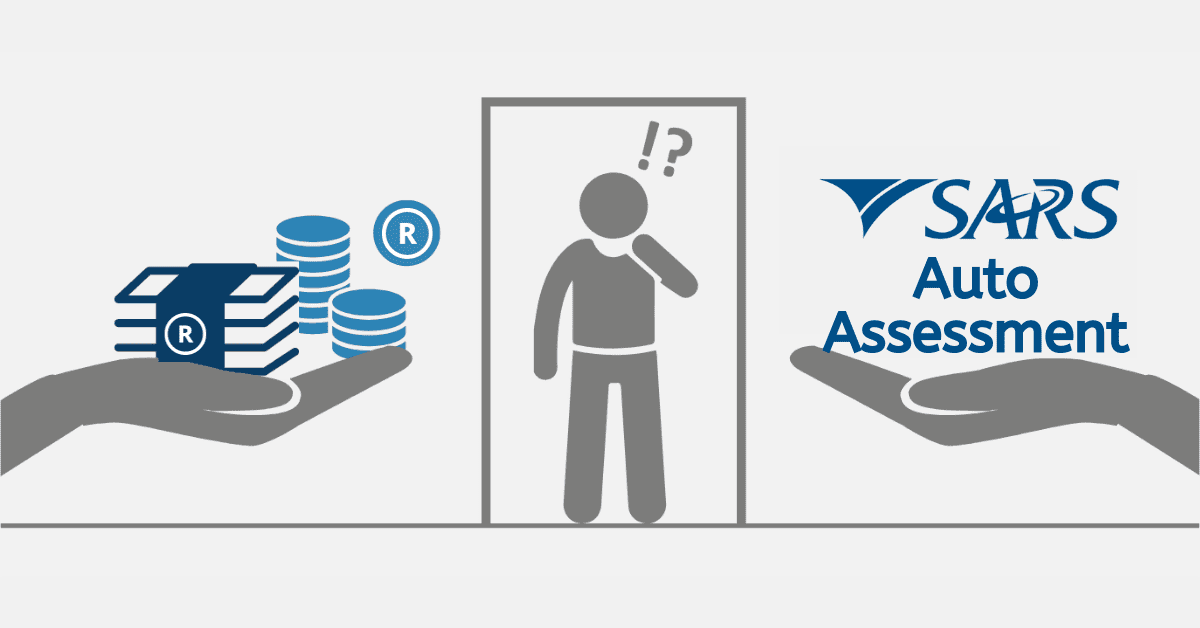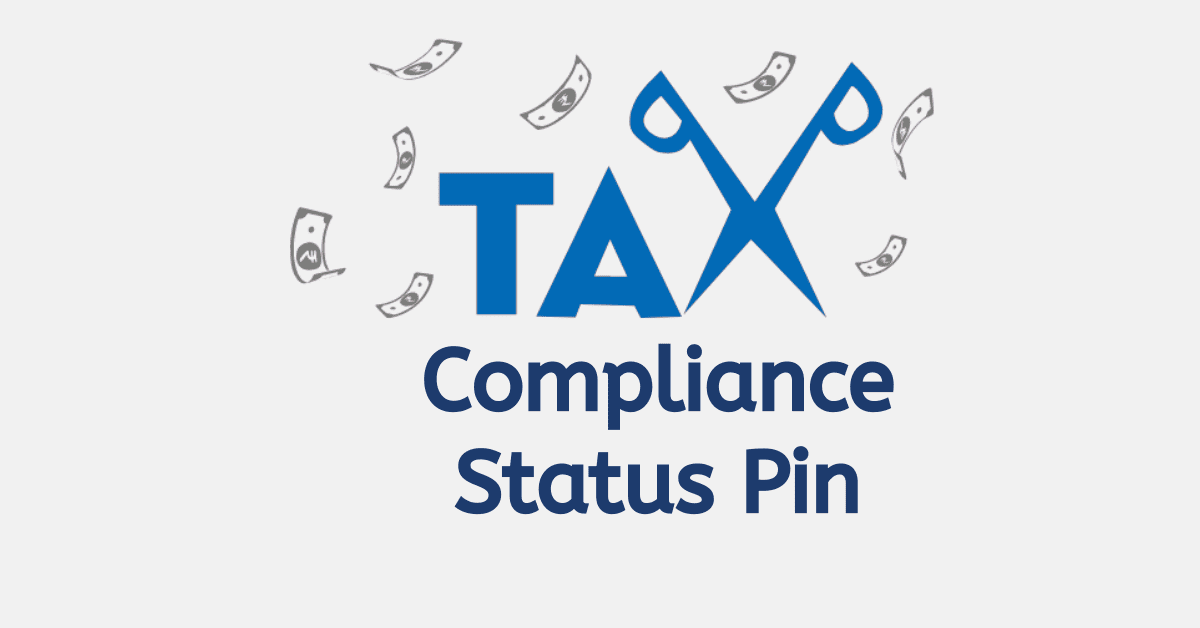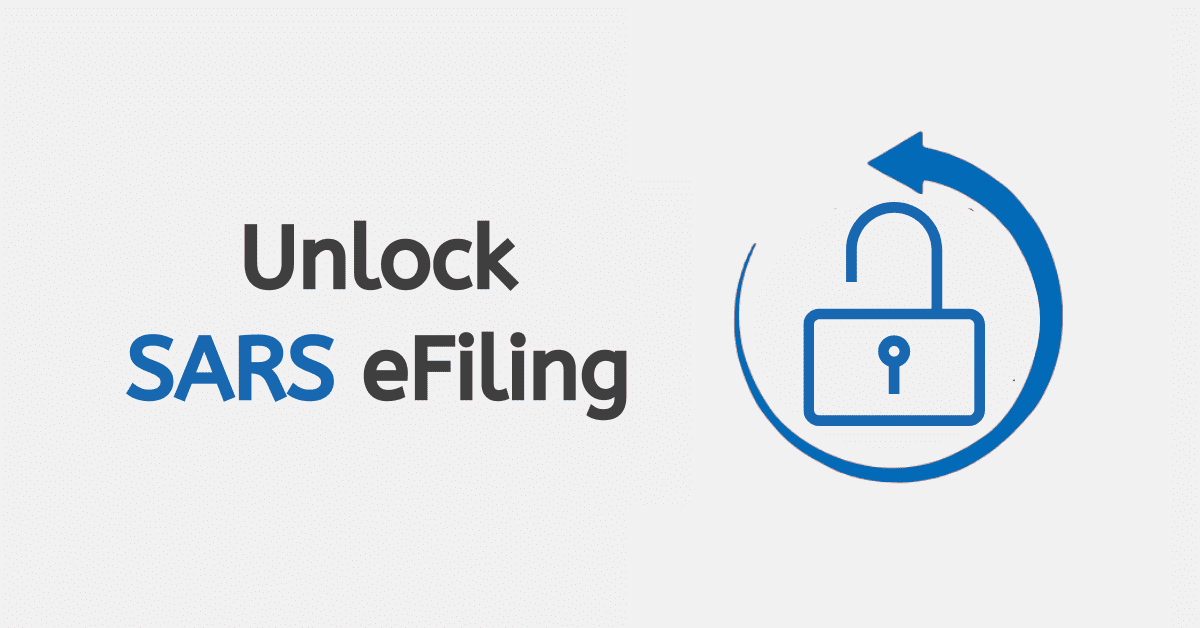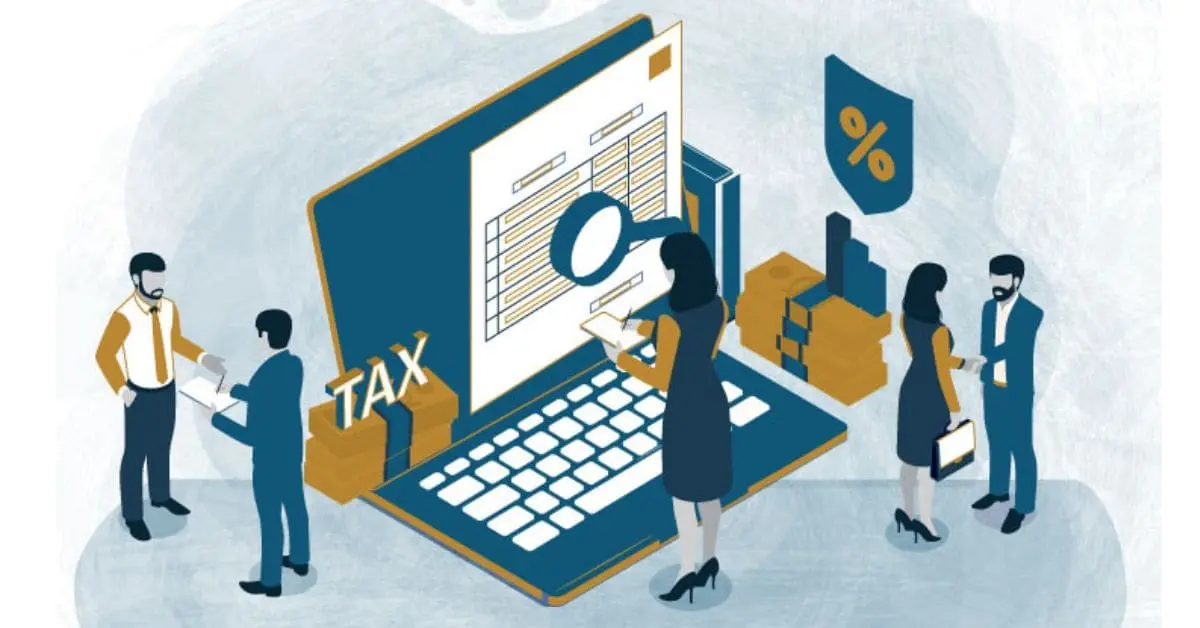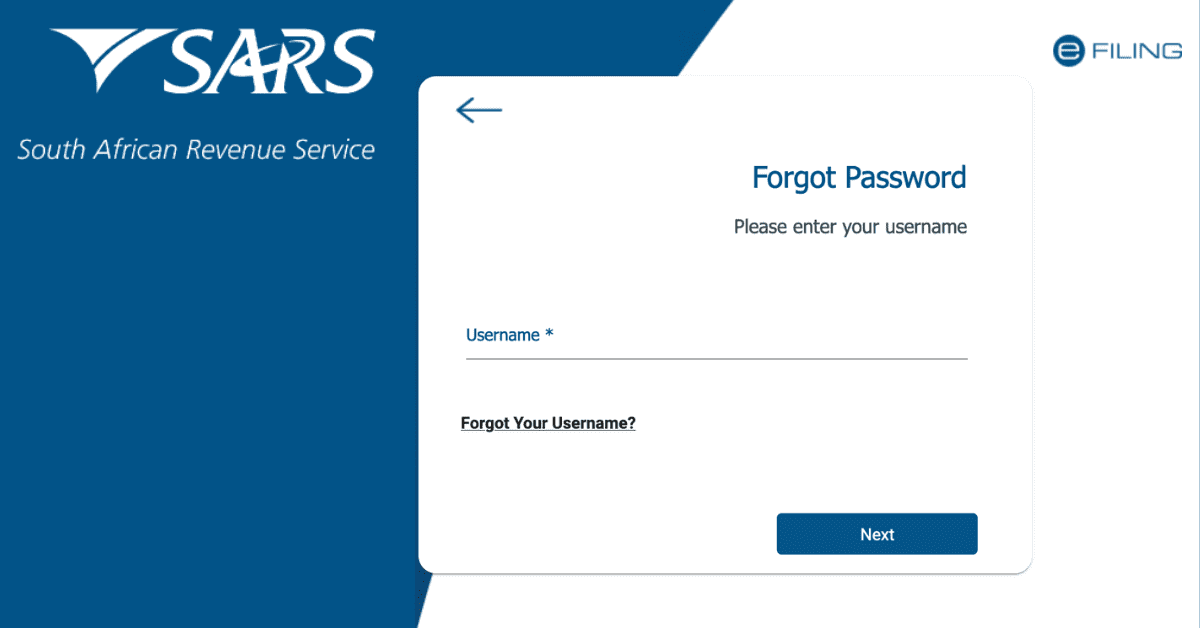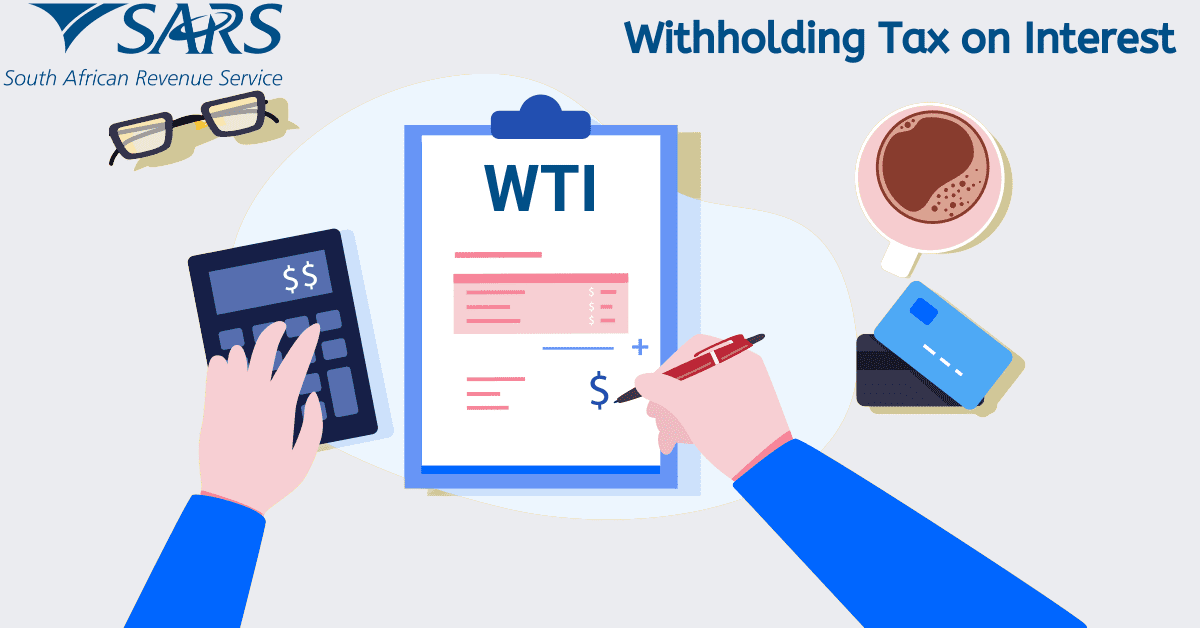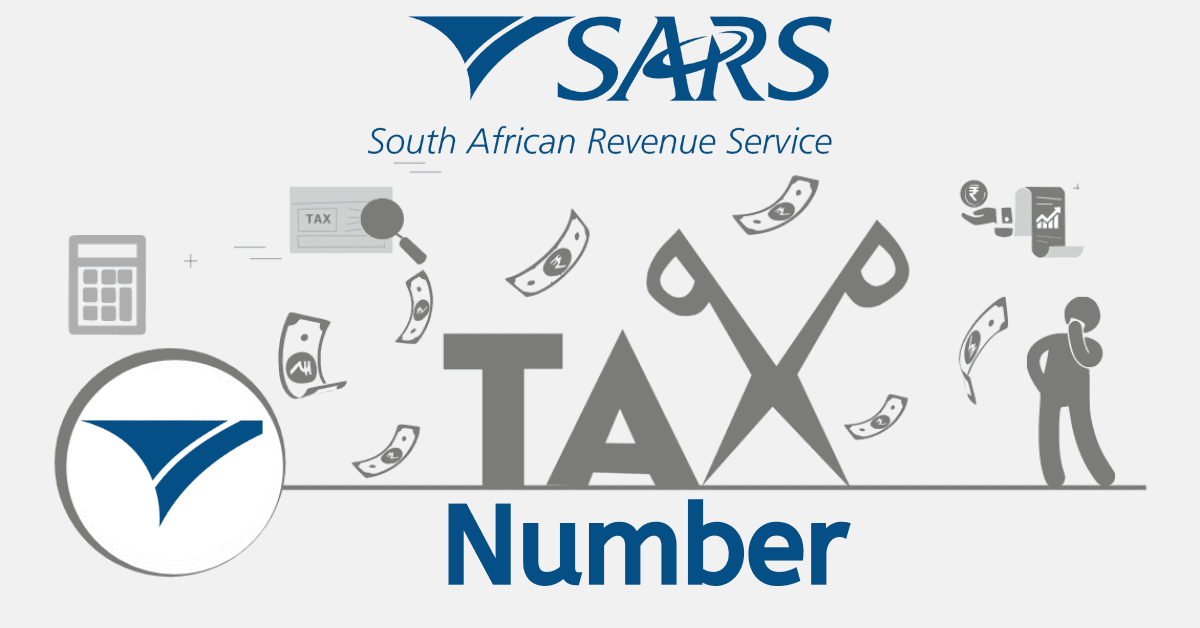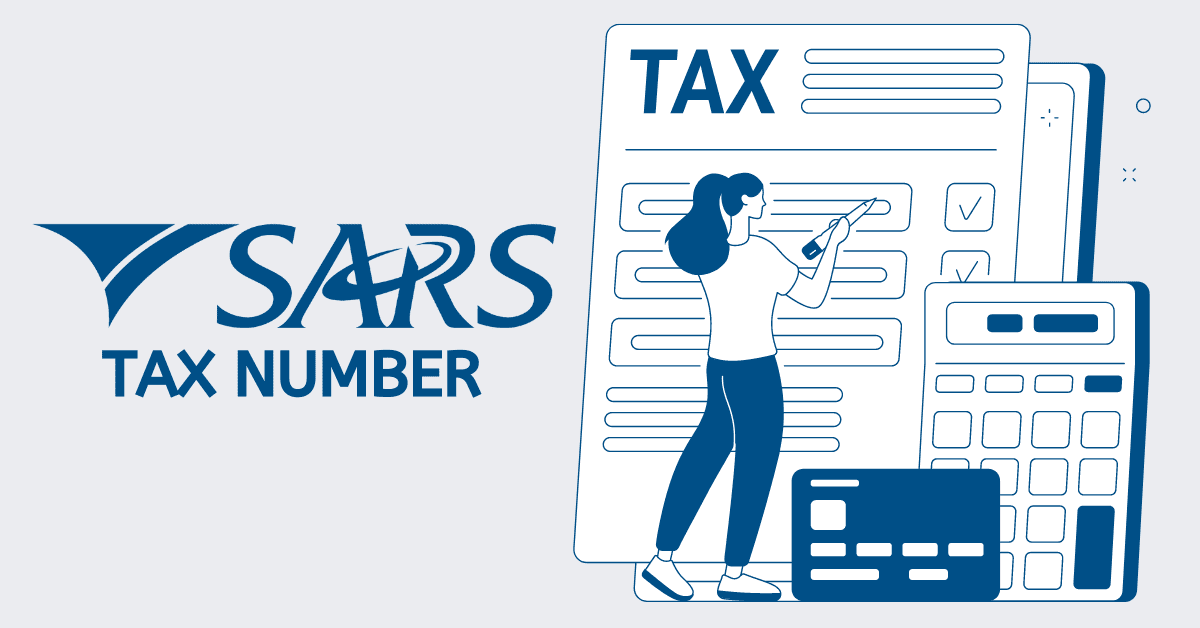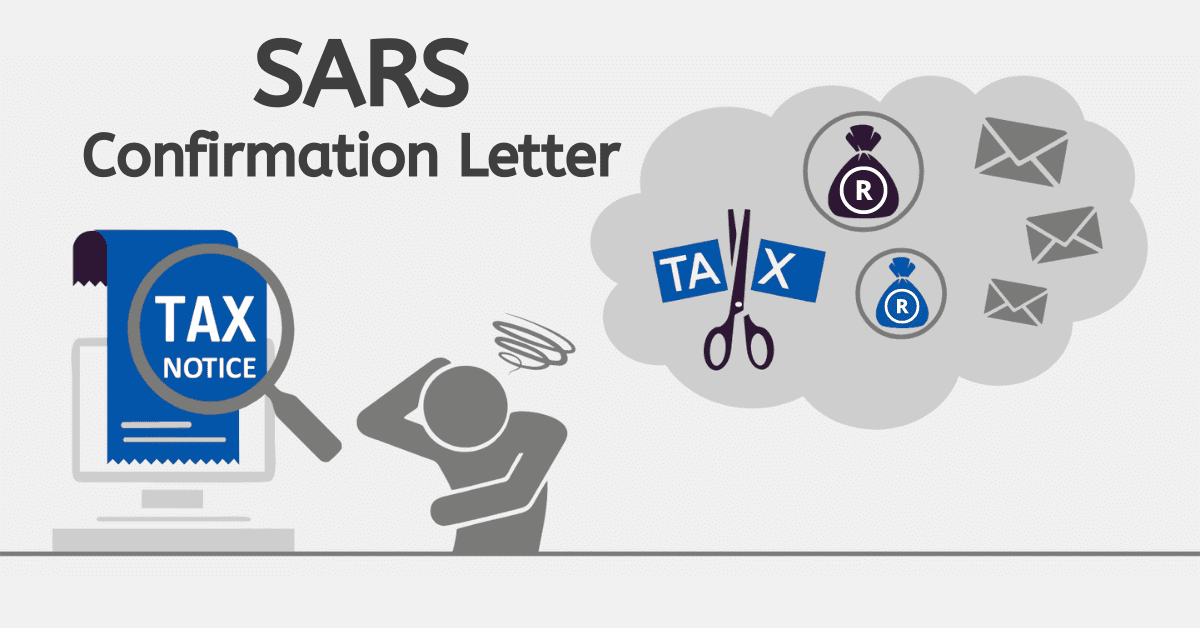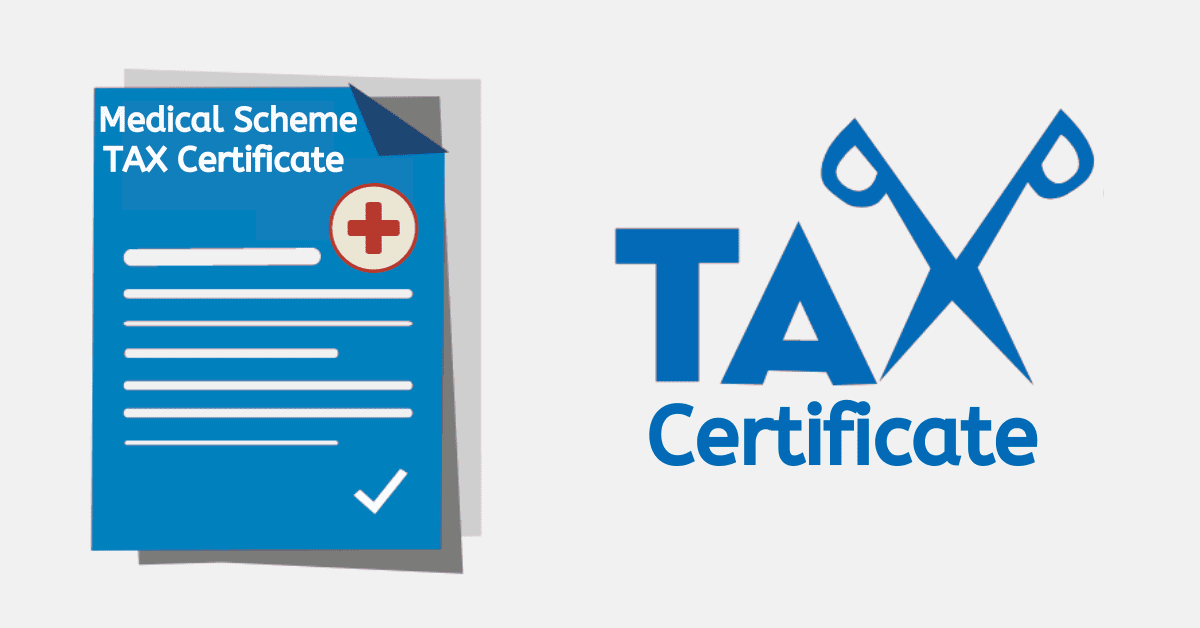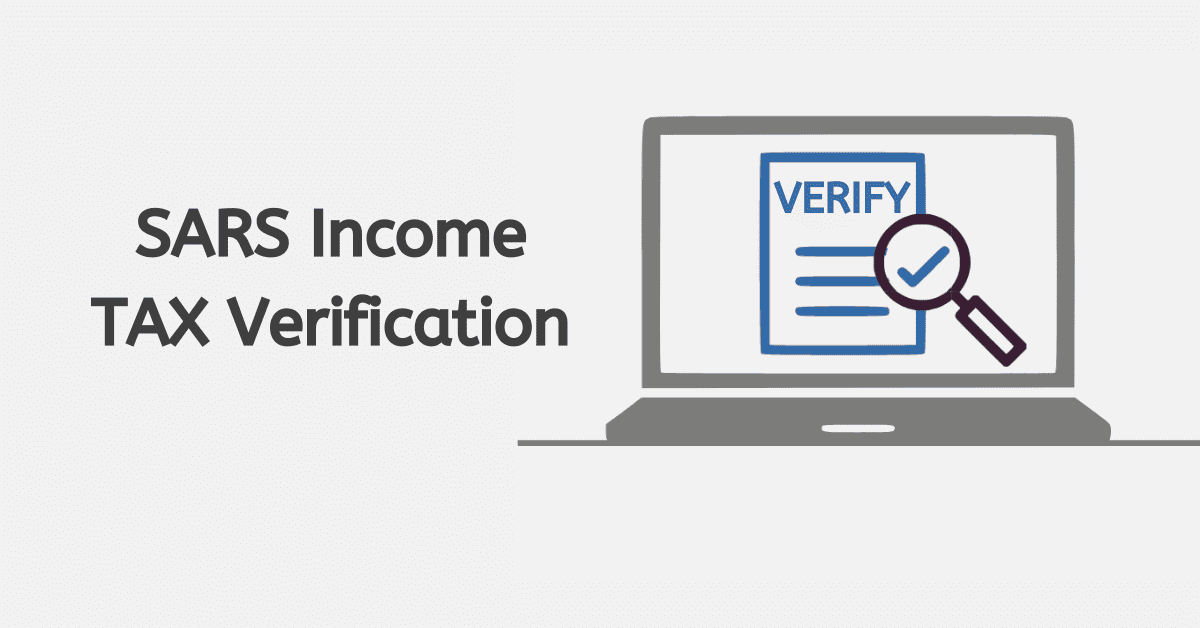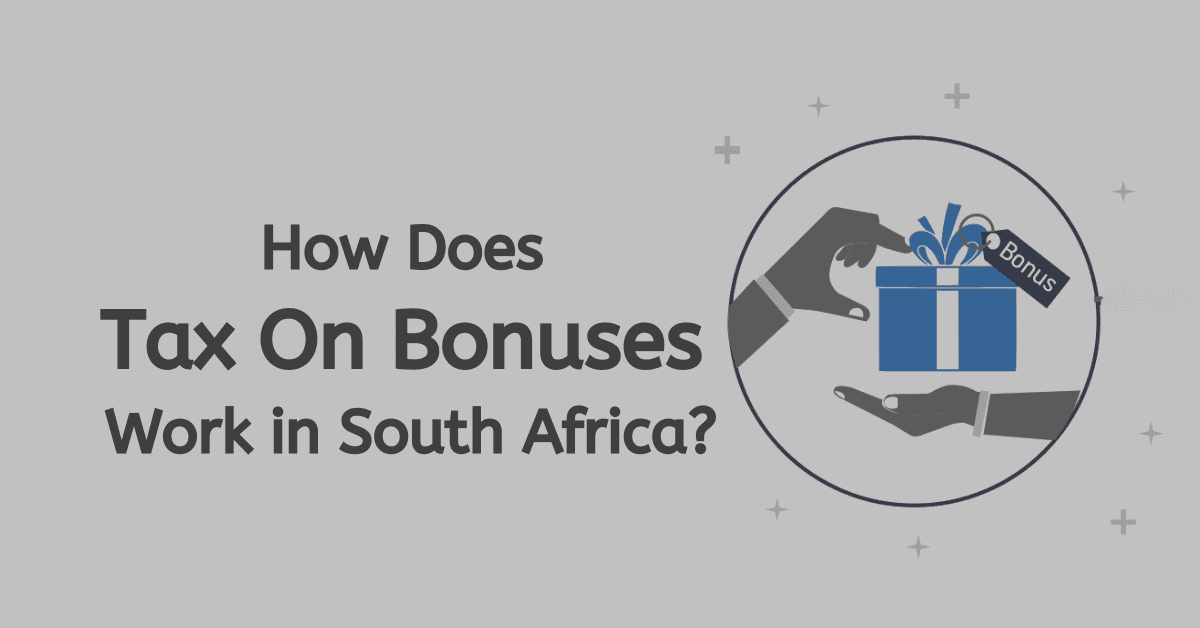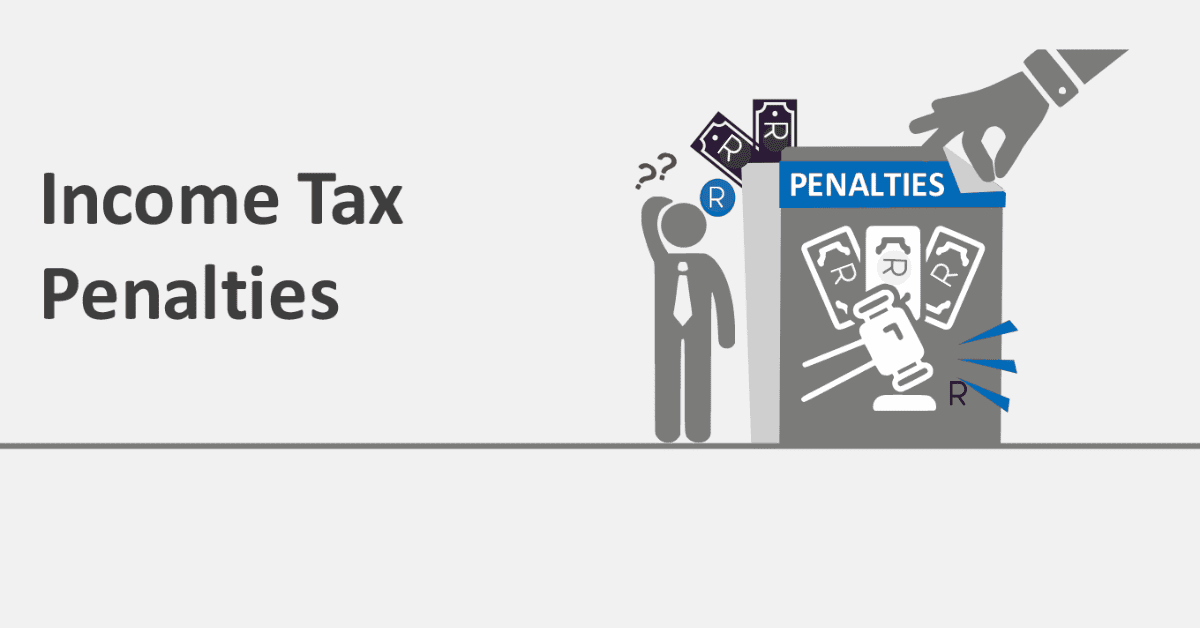Stamp duty is a tax that is collected in South Africa on the transfer of ownership of immovable property. Stamp duty is also known by its other name, transfer duty. This tax is the responsibility of the purchaser of the property, and its amount is determined using a scale that is graduated based on the selling price of the home. Stamp duty is a crucial source of revenue for the government of South Africa, and this revenue is used to finance several essential public services.
If you are contemplating the purchase or sale of real estate in South Africa, it is essential that you have a solid understanding of how stamp duty is calculated and the amount that you will be expected to pay.
In this article, we will answer some frequently asked questions about stamp duty in South Africa, including what stamp duty is, who pays for the stamp duty, why there is a stamp duty, how to pay stamp duty, the cost of stamp duty, and many more.
What is stamp duty in South Africa?
When it comes to buying a property, there is one cost that buyers simply cannot ignore – and that is the significant cost associated with the purchase. This cost is something that must be factored in from the very beginning of the buying process, as it can have a major impact on the overall affordability of the property. One of the costs that you need to consider is stamp duty. This is a tax that is payable to the government, and the amount you need to pay depends on the value of the property. The calculation is done on a sliding scale, which means that the more expensive the property, the higher the stamp duty you will need to pay.
If you’re planning to buy or sell a property in South Africa, you’ll need to factor in stamp duty, also known as transfer duty. This tax is imposed on the transfer of immovable property, and it’s an important consideration for both buyers and sellers. The amount of stamp duty you’ll have to pay will depend on the value of the property, and the buyer is typically responsible for it. So, if you’re in the market for a new home or investment property, consider stamp duty when budgeting for your purchase.
Who pays stamp duty in SA?
South Africa has a unique system when it comes to property transactions. Unlike some other countries where the seller is responsible for paying the stamp duty, in South Africa, it is the buyer who is responsible for paying the stamp duty, also known as transfer duty. This means that when you buy a property in South Africa, you must factor in the cost of stamp duty into your budget. The amount of stamp duty you will need to pay will depend on the value of the property you are buying. It’s important to note that stamp duty is a one-time payment and is due within six months of the date of sale.
Why is there stamp duty?
Stamp duty is a tax that is levied on various transactions, including the sale or transfer of immovable property, securities, and other assets. This tax is imposed by the government and is an important source of revenue for them. When a property or asset is sold or transferred, the buyer or recipient is required to pay a certain percentage of the transaction value as stamp duty. South Africa’s government relies on stamp duty to generate revenue that funds public services and initiatives. This tax is a crucial part of the country’s financial system, and it’s essential to understand how it works. The rationale behind stamp duty is simple: when you buy a property or take out a loan, you must pay a fee to the government. This fee is calculated as a percentage of the property’s value or the loan amount, and it’s paid to the government at the time of the transaction. Stamp duty is an important source of revenue for the government, and it’s used to fund everything from healthcare to education. Without this tax, the government would struggle to provide essential services to its citizens.
Can you claim transfer duty back from SARS?
The amount of transfer duty you have to pay is based on how much the land is worth. Transfer tax must be paid by the person who buys the property, not the person who sells it.
In some cases, you may be able to get transfer stamp duty back from SARS. For example, if the property deal falls through and the sale is canceled, the buyer may be able to get a refund of the transfer tax paid. Also, if the buyer paid too much transfer tax because the value of the property was miscalculated, he or she may be able to get the extra money back. To get a refund of transfer duty, it is important to take the right steps and provide the right paperwork.
How much is Stamp Duty?
Stamp duty is a tax that is levied on various types of transactions and is calculated based on the value of the asset being transferred. The amount of stamp duty payable can vary depending on the type of transaction and the value of the asset being transferred. This means that if you are buying or selling a property, for example, you will need to pay stamp duty based on the value of the property. The rates of stamp duty can range from as low as 0.25% to as high as 15%. It’s important to keep in mind that these rates are subject to change and may differ depending on the location and type of property being purchased.
Below is a simple detail on how much to pay for stamp duty in South Africa.
- For properties valued as less than R1,100,000, “no transfer duty” applies.
- The transfer duty rate for properties between R1 100,000 and R1 1,512,500 is 3% of the value above R1 100,000.
- The transfer duty rate for properties between R1,512,501 and R2,117,500 is R12,375 + 6% of the value above R1,512,501.
- Transfer taxes on homes with values between R2,117,501 and R2,722,500 are R48,675, plus 8% of the difference in price.
- In the range of R2,722,501 to R12,000,000, the transfer duty rate is as follows: R97,075, plus 11% of the value over R2,722,500.
- The transfer duty rate for properties with a value of R12 1,000,001 or more is R1, 128 600, plus 13% of the value above R12,000,000.
How to pay Stamp Duty
Stamp Duty is a South African tax on property sales and transfers. Stamp Duty must be paid when buying or selling property to avoid delays.
You will need to fill out a Declaration of Transfer form and hand it over to the right institution in South Africa, which is often the South African Revenue Service (SARS). That way your necessary details will be able to determine the actual stamp duty required to be paid.
Stamp duty can be paid in cash, bank draft, or bank transfer at the appropriate office in South Africa.
When do you have to pay Stamp Duty?
Essentially, it’s a tax that’s imposed on the transfer of immovable property. This means that if you’re buying a house or a piece of land, you’ll need to pay stamp duty on the transaction. The amount of stamp duty you’ll need to pay will depend on the value of the property you’re buying or selling. It’s worth noting that stamp duty is just one of the many costs associated with buying or selling property in South Africa, so it’s important to factor it into your budget. Property tax is a crucial source of revenue for the government. The tax is calculated on a sliding scale, which is determined by the value of the property.
